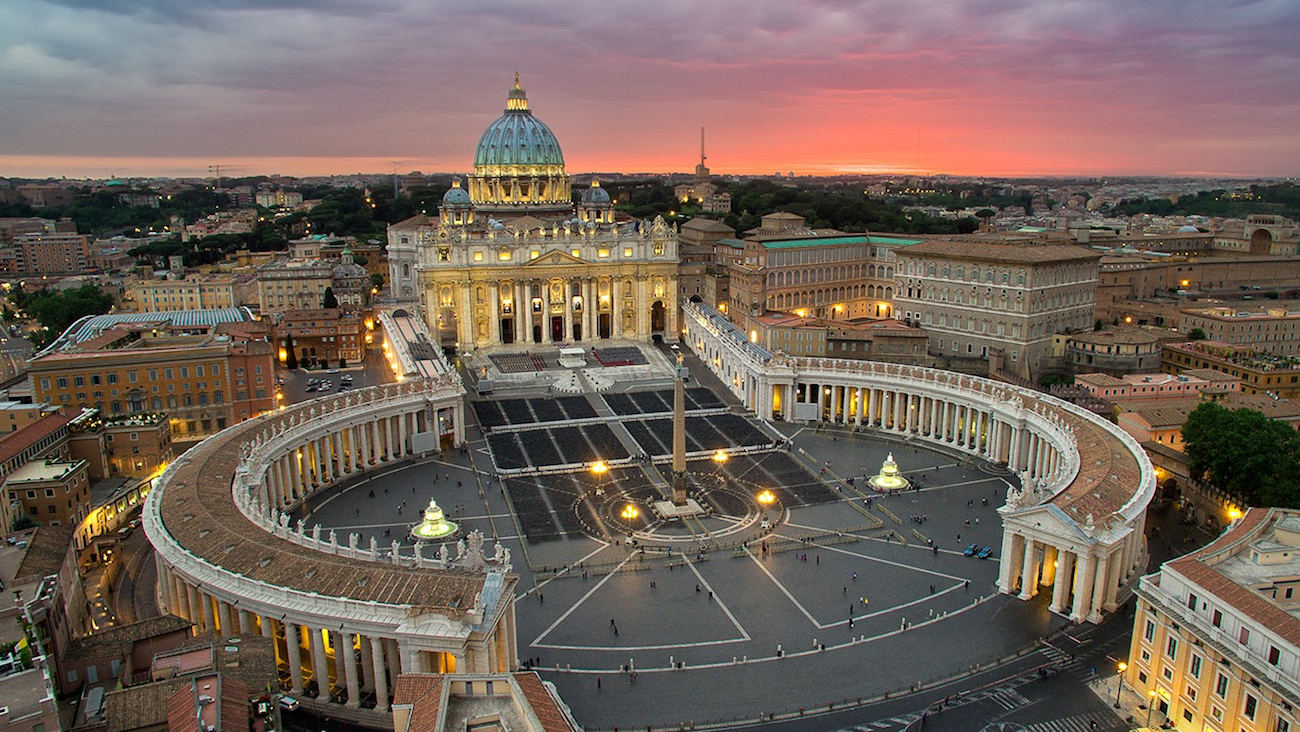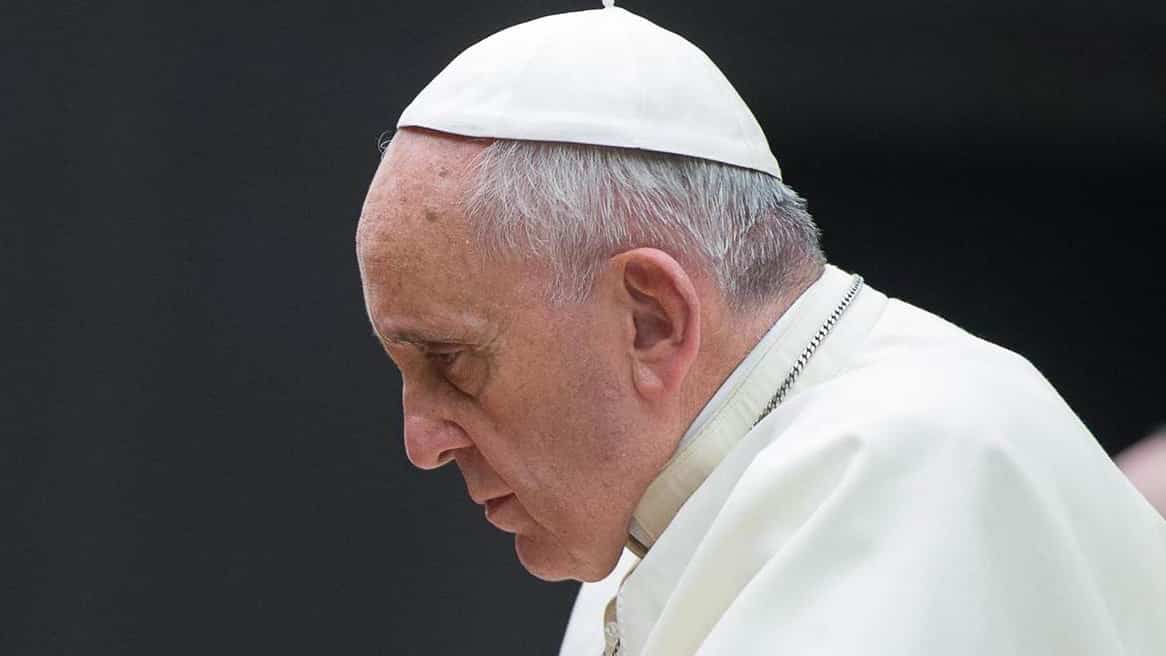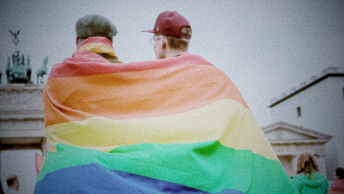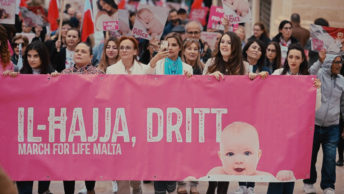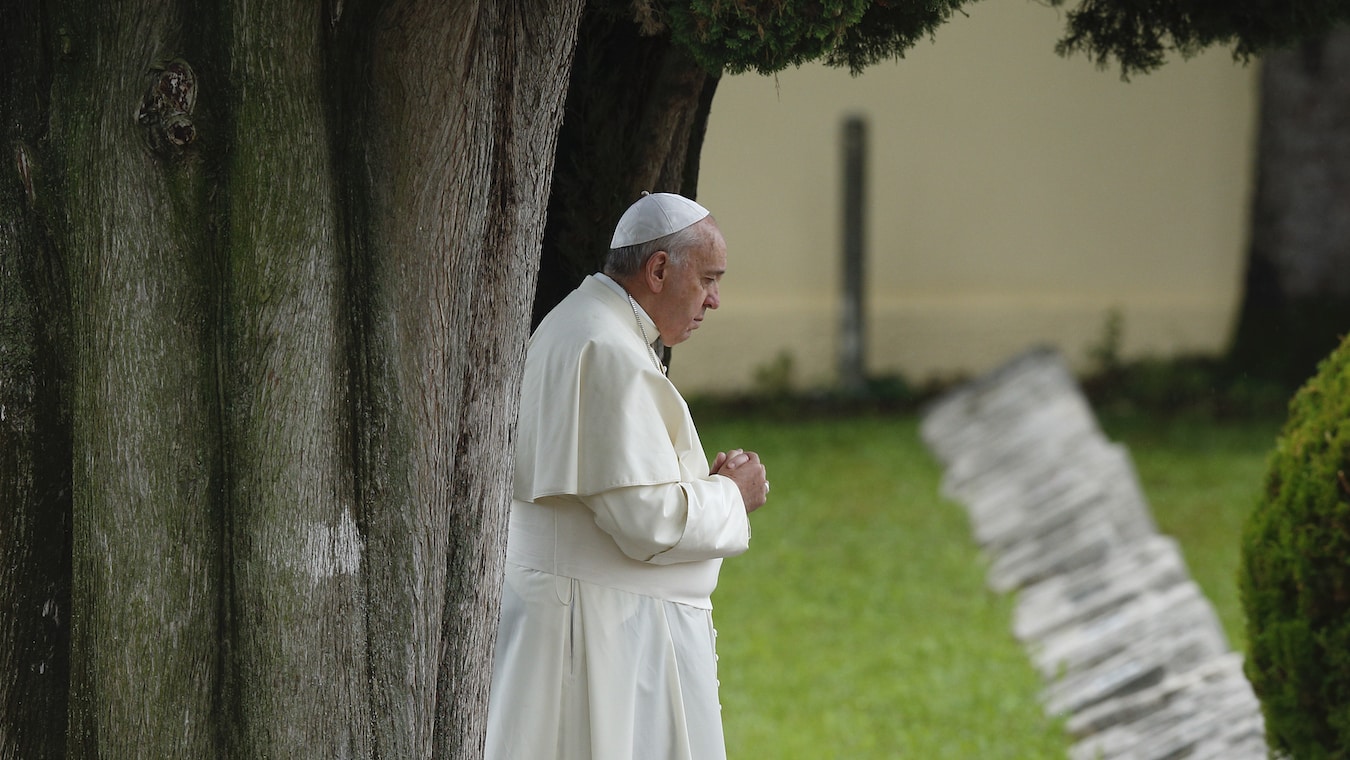Canonizing Joe Biden? I know my Republican friends will think this is a misprint. A week or so ago I would have thought the same thing. I regarded Biden as a man of little competence and less integrity whose most significant “achievement” was using his office to enrich himself and his relatives. But something happened that dramatically changed my outlook. I now see him as a man of great faith and humility, a spiritual giant.
How did this change come about? I read an article in America Magazine, a Jesuit publication. (Can’t get more Catholic than that . . . well, at least couldn’t for many years.) The article concerned “what you need to know about [Joe Biden’s] faith,” and reading it brought tears to my eyes.
It began by noting that on Election Day Biden “prayed during Mass” and later, with “a rosary on his wrist,” as is his custom, encouraged his supporters to “keep the faith.” (All three behaviors signal a rare level of Catholic faith.)
The author then offered some details about Biden the man: As a child he wrote an essay expressing his desire to be president. He met with Pope Francis on two occasions. In addition (in the author’s words), Biden “spoke to the media about how his faith anchored him during difficult moments, and pool reports routinely captured him leaving Mass.” (Note that he was “captured” leaving Mass, suggesting he humbly tried to keep his attendance secret. And this happened “routinely,” suggesting his humility was habitual. What a guy, I thought.)
The author also stated Biden’s view of Jesus: “Jesus Christ is the human embodiment of what God wanted us to do. Everything Jesus did was sort of consistent with what generically we were supposed to do: treat people with dignity.” Emphasis added. (Biden’s phrasing here may be difficult for the theologically unschooled to grasp: it suggests that Jesus sometimes acted in a way humans by their very nature must act. Granted, theology can be at times confusing.)
Next the author cited a few of the accolades Biden has received from others:
From the executive director of the Franciscan Action Network: “Biden actually sees his Catholic faith as a key for bringing the country back together and overcoming the divisions that divide us.” (Working on the divisions that divide us is important; working on other divisions, as the director implies, is less important. For Joe to make that distinction is a sign of superior intellect.)
From Delaware Democrat Senator Chris Coons: “ Joe’s faith is really about our future, about a world with less suffering and more justice, where we’re better stewards of creation, where we have a more just immigration policy and where we call out and confront the original sins of this nation, the sins of slavery and racism. Joe knows these are central issues in this election. And for him, they’re rooted in faith.”
From John McCarthy: “It’s not like we are just talking about faith to faith voters, but instead the vice president is being who he authentically is—which is a person of faith—and that is obviously coming across.”
From a member of Biden’s campaign staff (in the author’s words): “Biden’s faith was on display to voters throughout the campaign, which came naturally because of the role it plays in his life.”
The author then turned to Joe Biden’s own words on various occasions:
“My faith teaches me that we should be a nation that not only accepts the truth of the climate crisis, but leads the world in addressing it.”
“My faith implores me to embrace a preferential option for the poor and, as president, I will do everything in my power to fight poverty and build a future that moves us closer to our highest ideals—not only that all women and men are created equal in the eyes of God, but that they are treated equally by their fellow man.”
Here Biden explains how he can be pro-life yet vote pro-choice: “What I’m not prepared to do is impose a precise view that is borne out of my faith on other people who are equally God-fearing, equally as committed to life, equally as committed to the sanctity of life. I’m prepared to accept that the moment of conception is a human life convened [sic]. But I’m not prepared to say that to other God-fearing, non-God-fearing people.” (If readers find it unreasonable for Joe to refrain from saying what he believes to others, they obviously lack faith in Joe, so their doubt disqualifies them from the discussion. Also, did Joe mean a human life “conveyed” rather than convened? Perhaps he was using an ancient theological term that refers to the gathering and assembling of DNA.)
Concerning the issue of abortion, the author remarks, “Joe Biden has had to contend with critics who point out that his support for abortion rights and same-sex marriage puts him at odds with the teachings of his church.” Emphasis added. (Critics can be bothersome, especially when they are well-informed. To Biden’s credit he has the virtue of forbearance and has been able to ignore their intrusions on his inner spiritual tranquility.)
The essay ends with this statement from Joe Biden: “For many, faith will help us get through this crisis that grips this nation today.”(His reference to “many” tauntingly leaves the reader to figure out what the others—no doubt heathens and Trump supporters—employ to get through their crises. This demonstrates his refusal to tell us what to think but instead leave us to think for ourselves, and that is a virtue.)
But how do I get from the America Magazine article to the idea of proclaiming Joe Biden a saint? No matter how you look at it, this is a serious leap. A saint by definition is one whose love of God and holiness of life are exceptional. And such an assessment is traditionally not made until long after the person’s death. Even the canonization of the one considered to have lived most like Jesus—St. Francis of Assisi—did not occur until two years after he died. What possible reasons could there be to canonize Joe Biden while he is still alive and has not yet been sworn in as President?
First, as readers will recall, Barack Obama was awarded the Nobel Peace Prize before he even became president (or did anything remotely related to world peace). Canonizing Biden would simply continue at the spiritual level what was done in Obama’s case at the secular level.
Second, the media in the U.S. have already unofficially embraced Biden with a level of affection matching the level of their hatred of Donald Trump. Canonizing Biden would demonstrate the consistency of their level of passion in the two cases and thus increase their self-esteem.
Third, Canonizing Biden would enable the media to hail him as a modern version of St. George, Patron Saint of England and other countries. A perpetual narrative could be promulgated comparing Biden’s metaphorical slaughter of the hateful, racist, sexist, homophobic xenophobe Donald Trump to St. George’s bloody dispatch of the mythical evil dragon. (Never-Trumpers would delight in regaling their grandchildren with that St. Joe narrative.)
Fourth, the Catholic prelates who advised Biden (and other politicians) that abortion is not the most important issue for Catholics but one among many issues—in fact, ranking well below the issues of climate change and fracking—are surely proud of him for his faithfulness in applying their advice. Those prelates would make powerful champions of Biden’s cause for sainthood with other prelates and perhaps win the approval of Pope Francis for it.
Fifth, the reconciliation of all Americans, a current Biden theme, could be enhanced by having St. Joe offer a Plenary Indulgence to Republicans who support his political initiatives. This would be similar to the Catholic Indulgence that frees recipients from time in Purgatory. The difference would be that St. Joe’s Indulgence would bestow lifetime freedom from assaults by anarchists, looters, and hurlers of Molotov Cocktails. (The genius of granting such an Indulgence would be that it demonstrates the charitableness traditionally associated with sainthood while avoiding offering a single concession to Republicans. What a guy, indeed!)
Copyright © 2020 by Vincent Ryan Ruggiero. All rights reserved

